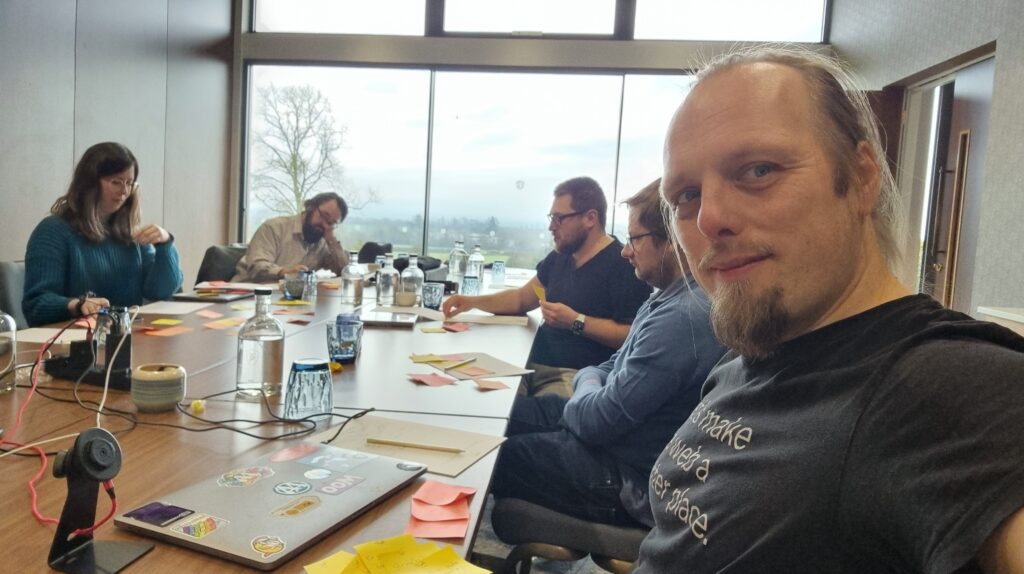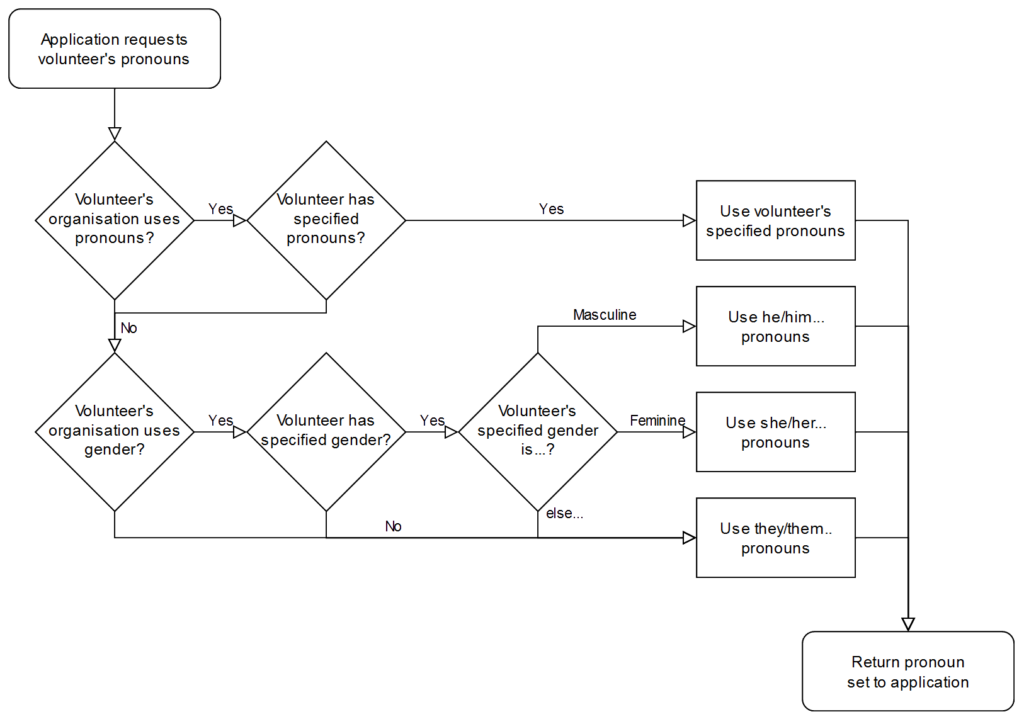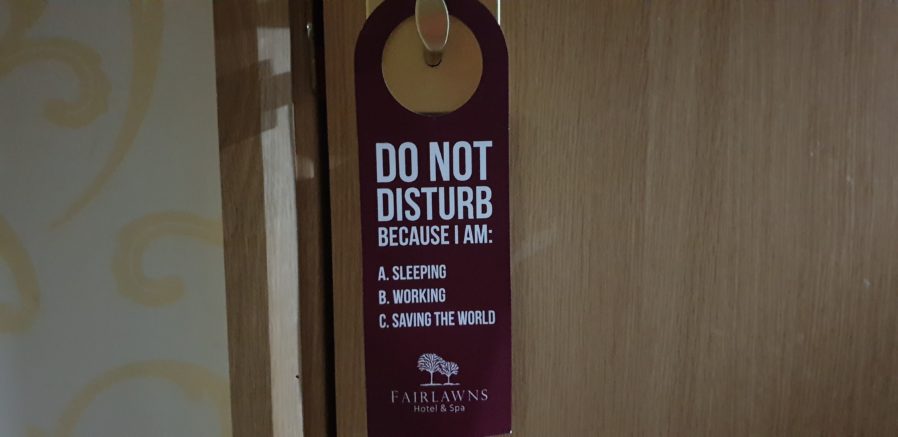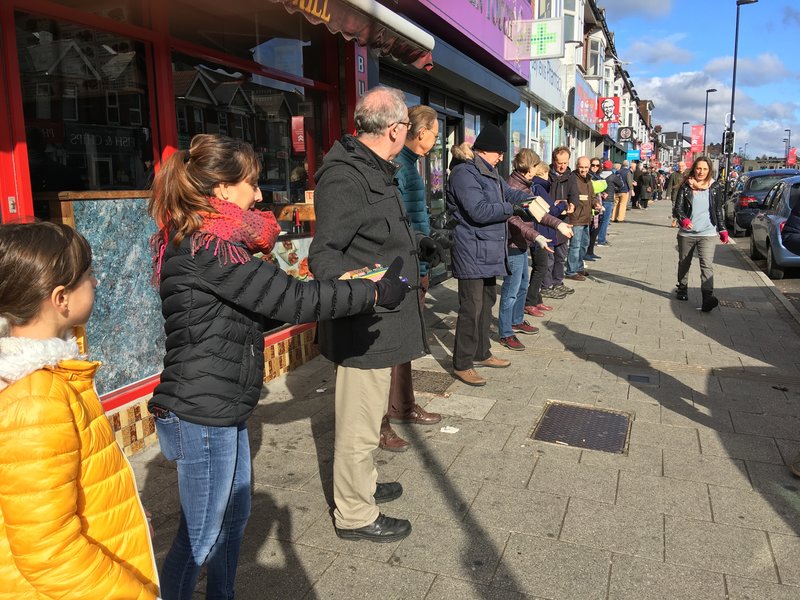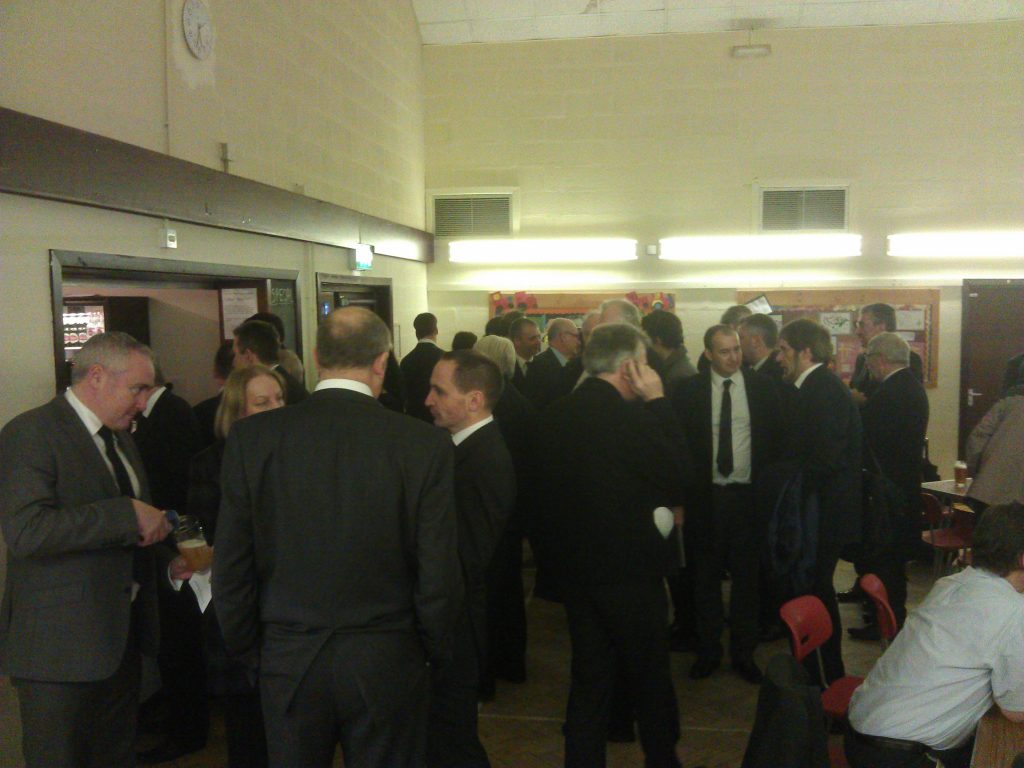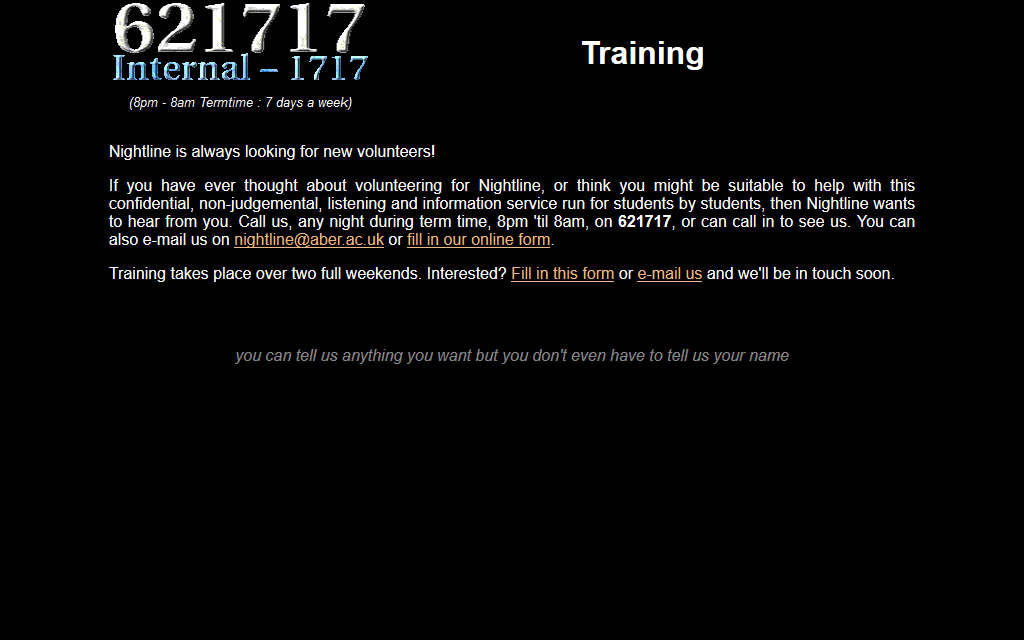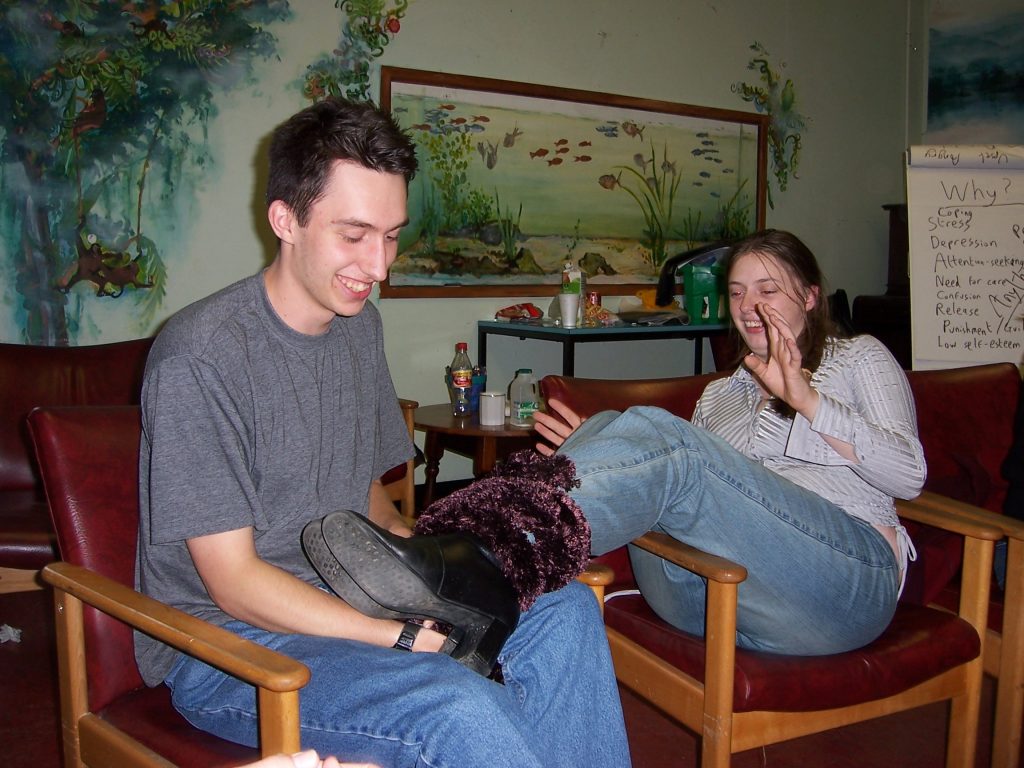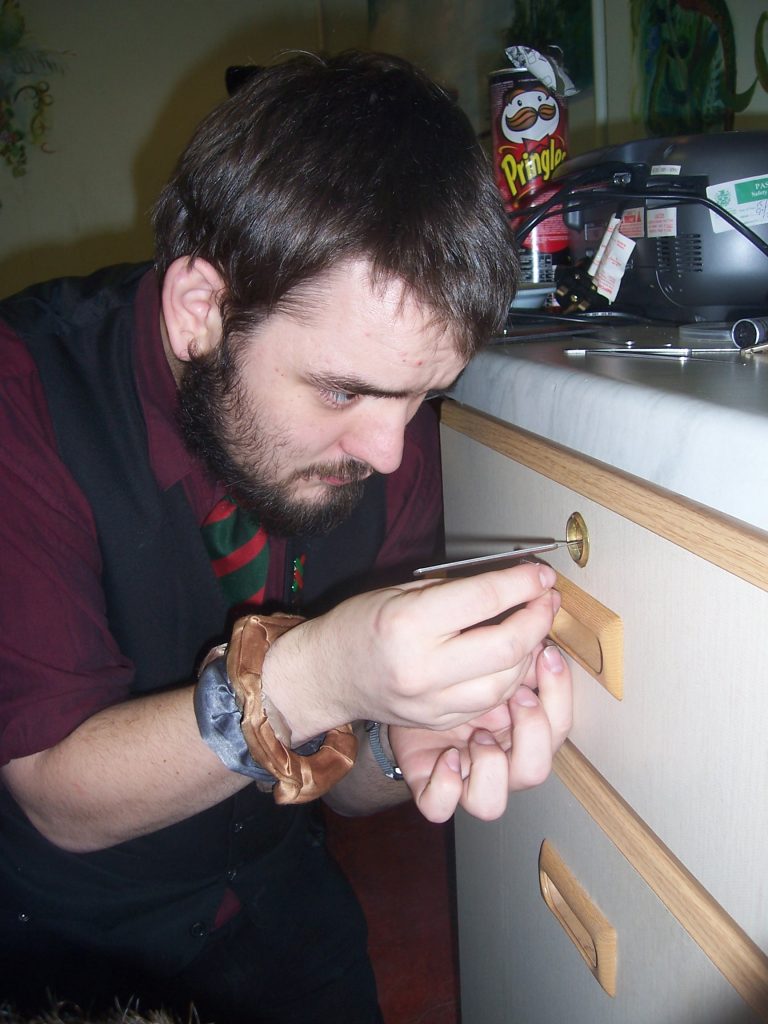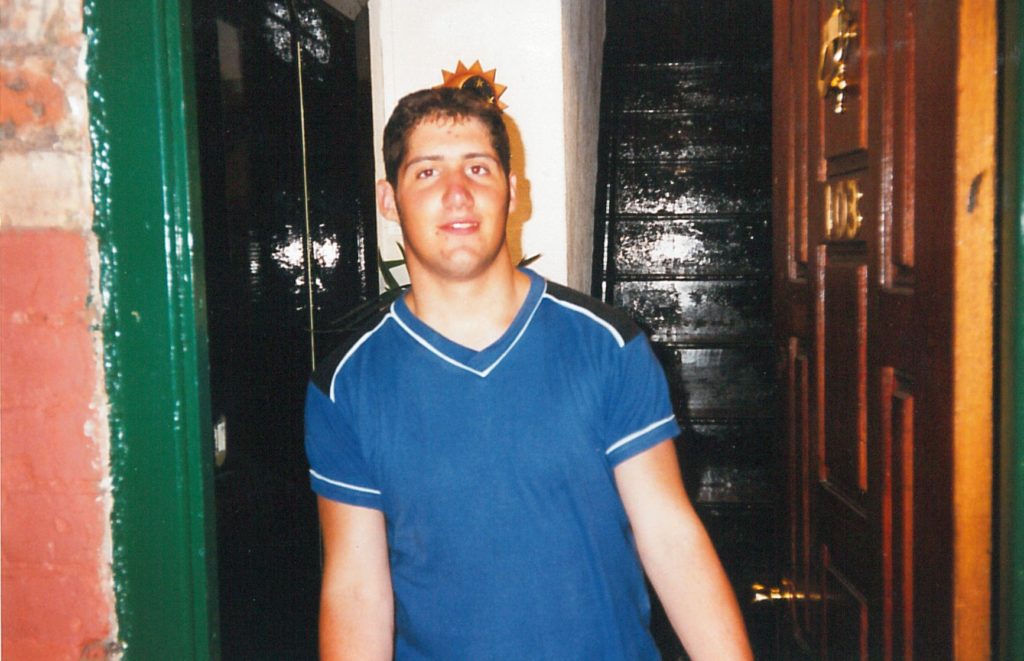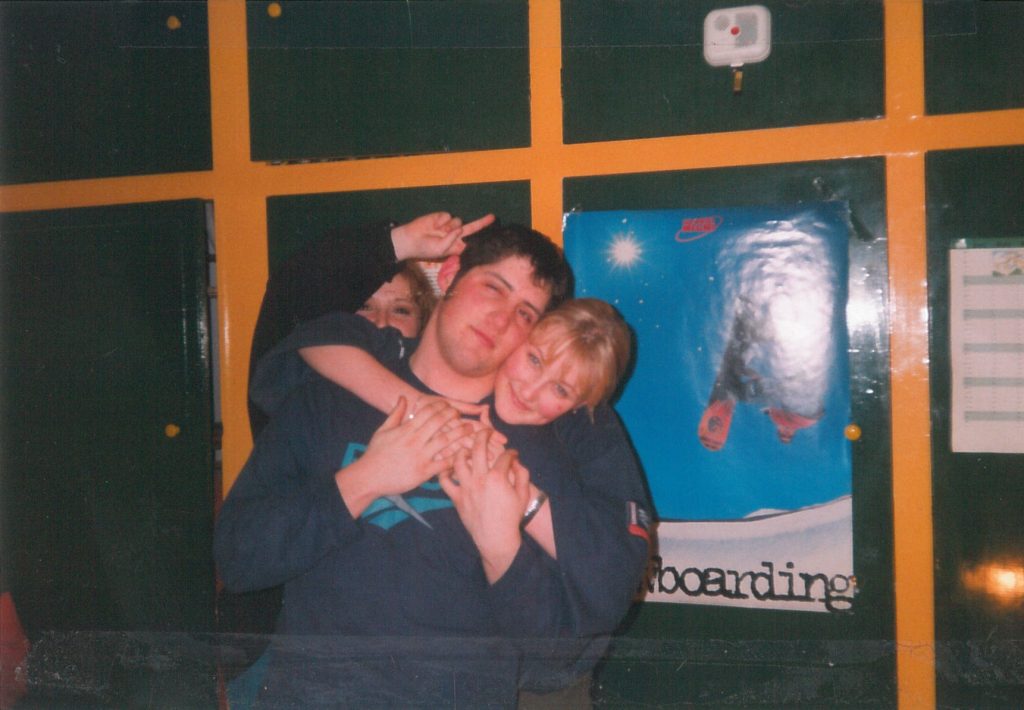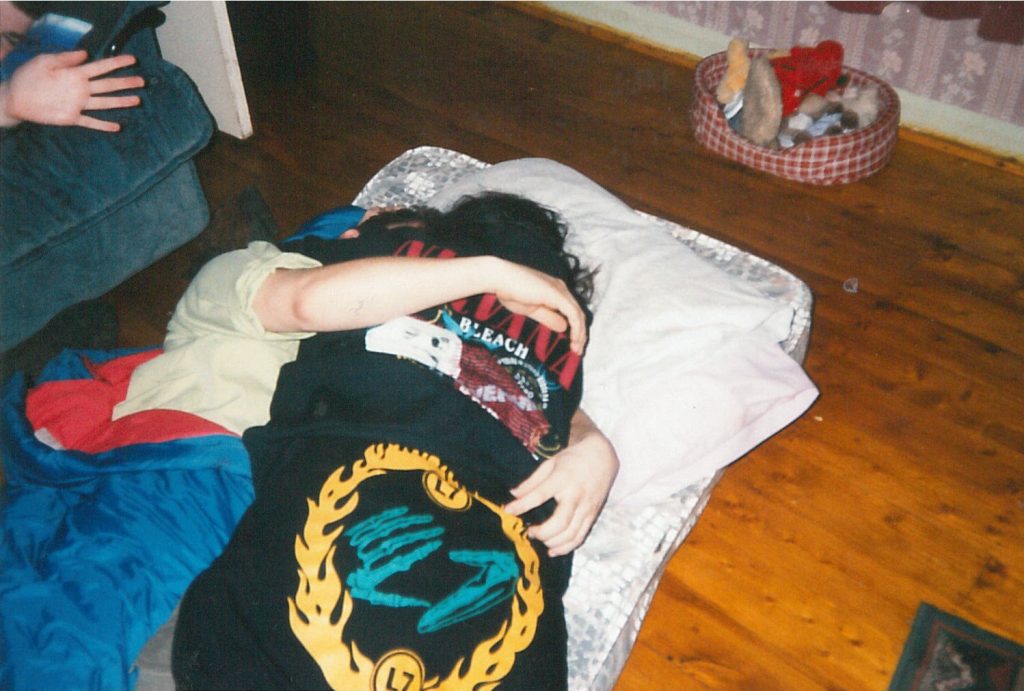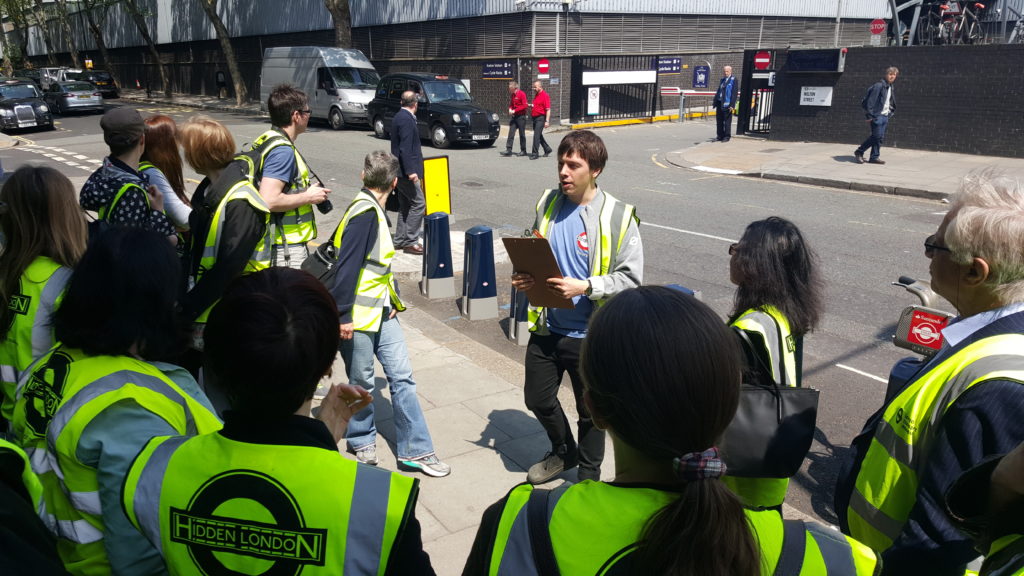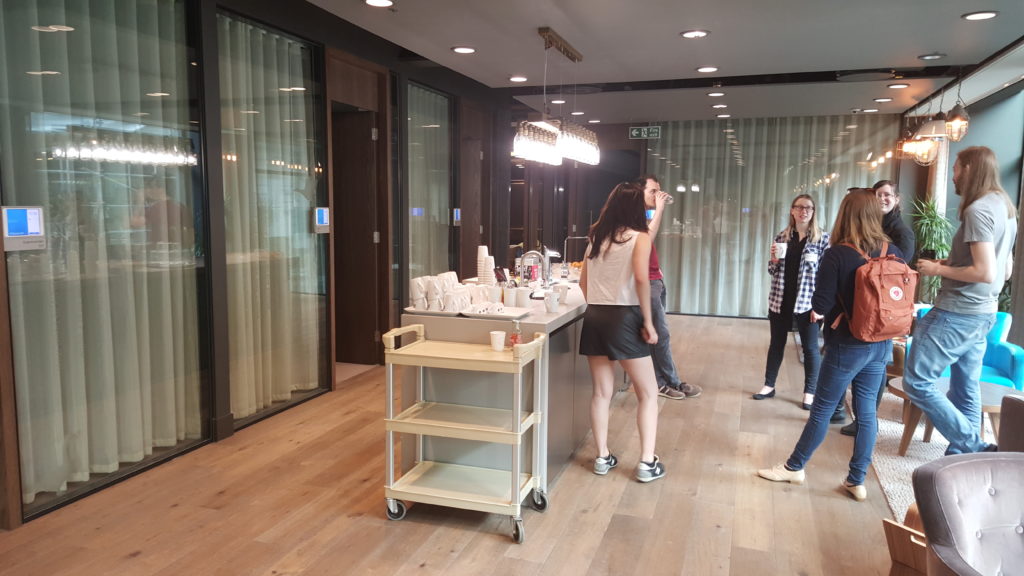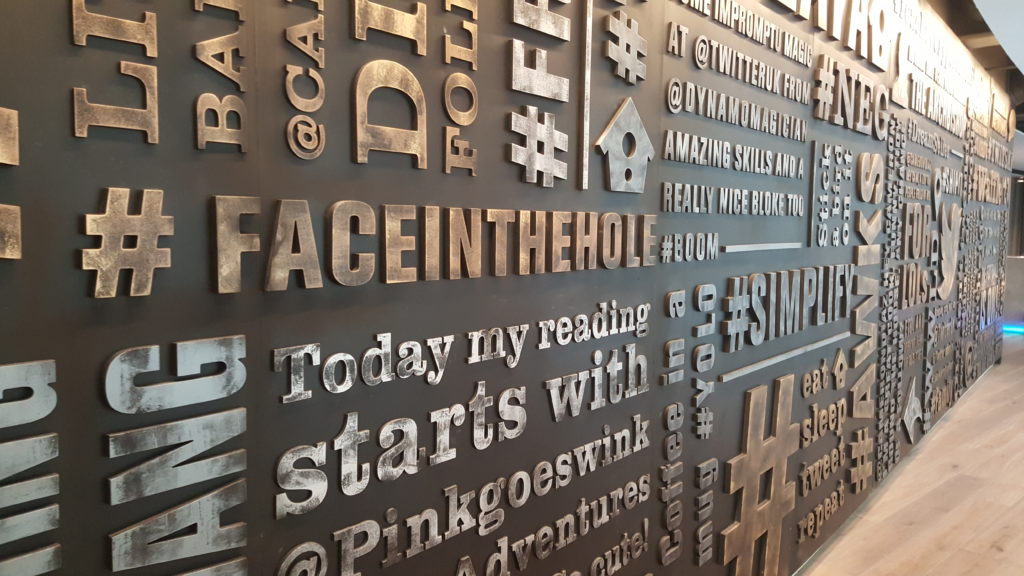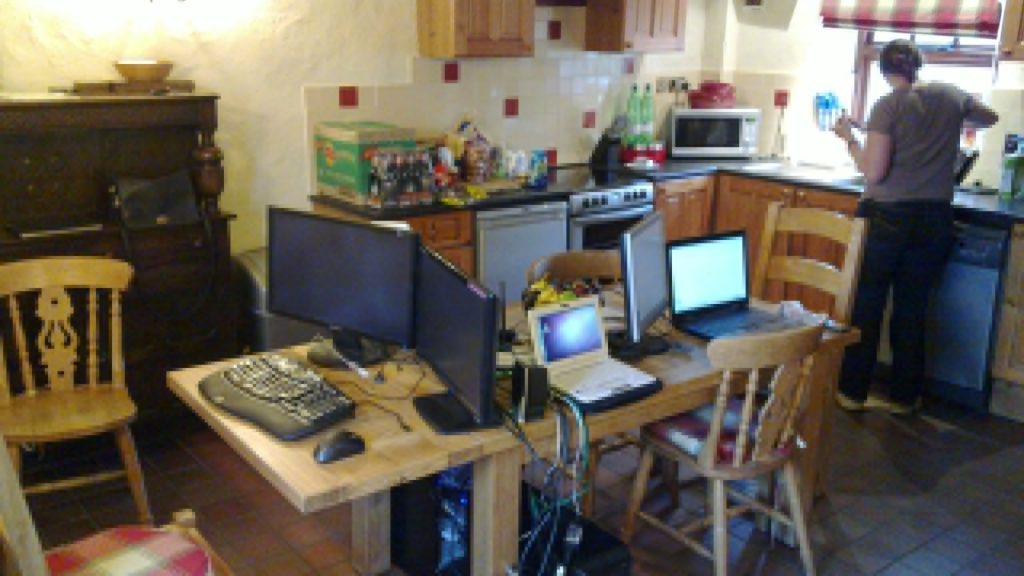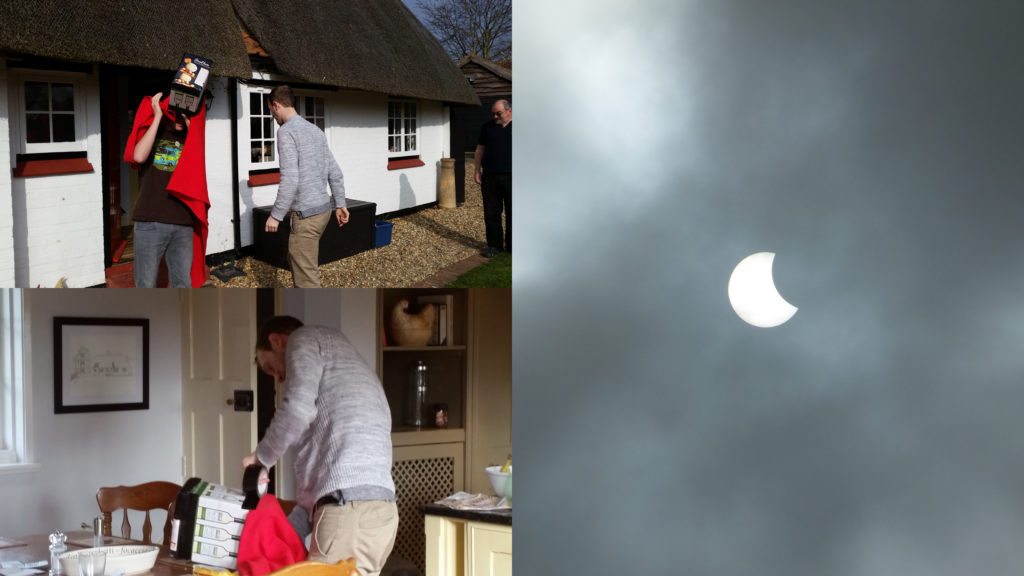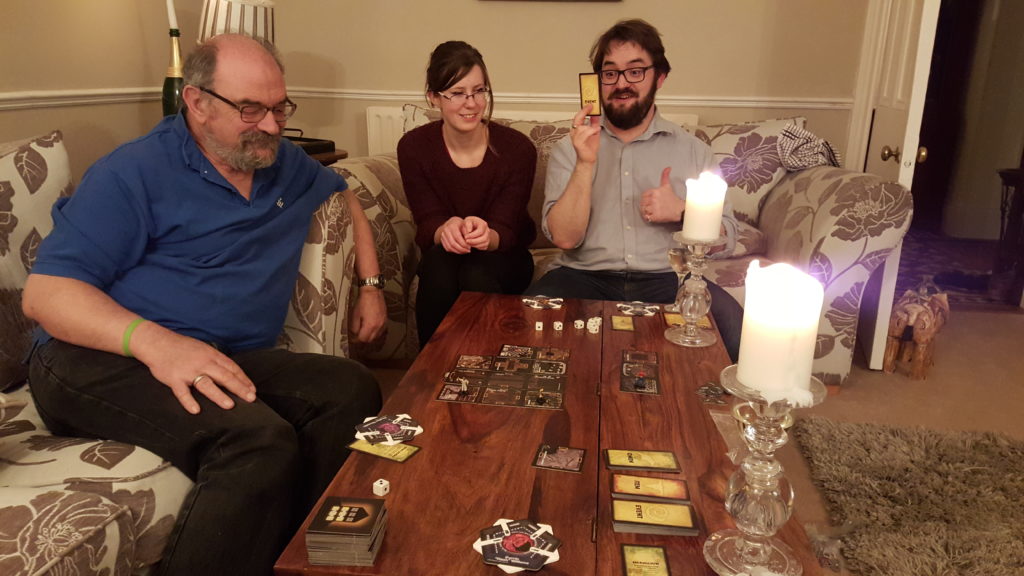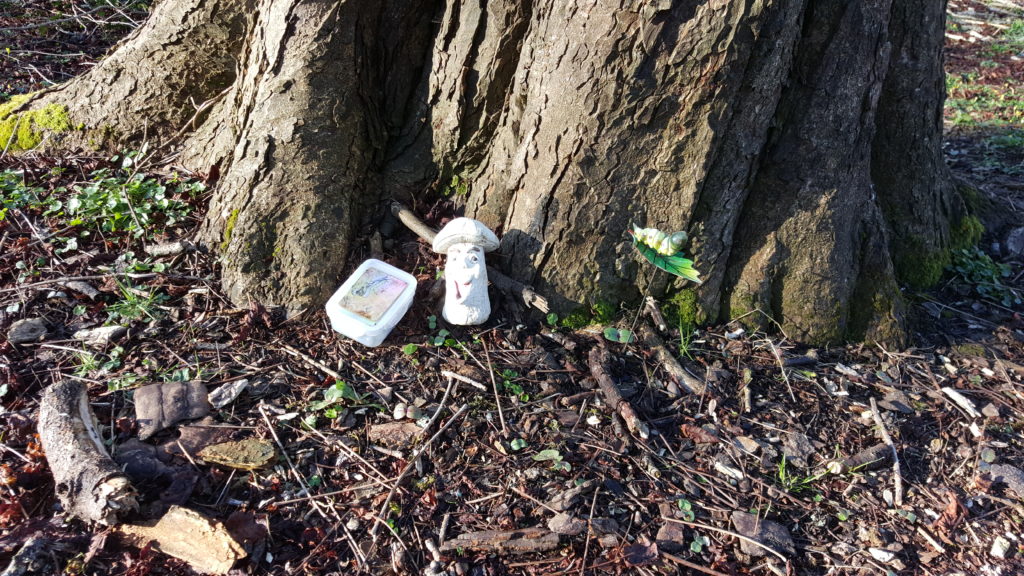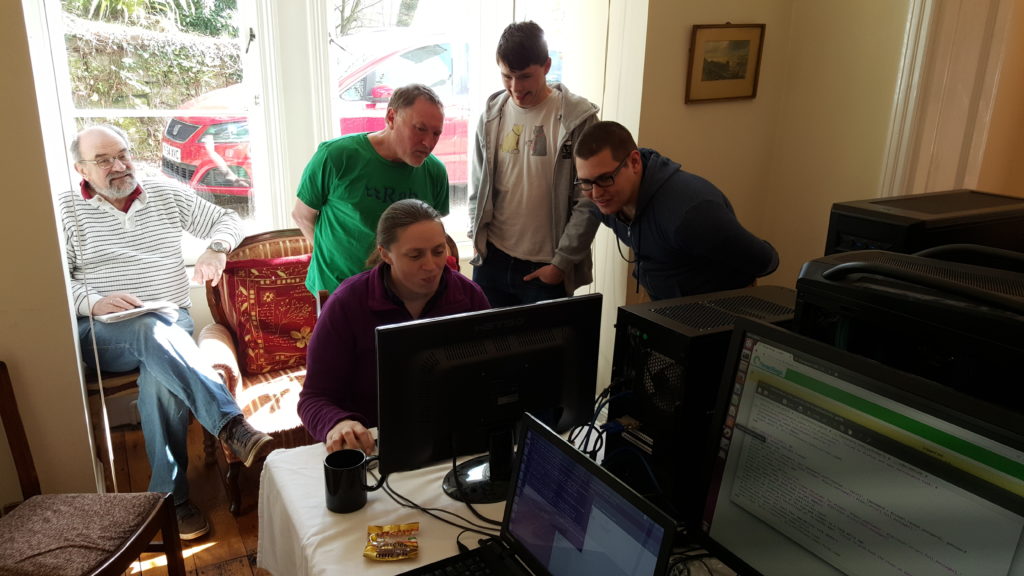This post is part of my attempt at Bloganuary 2024. Today’s prompt is:
What would you do if you won the lottery?
I know what I’d do, and I’ll get to that. But first, let me tell you about the lottery game I play.

Not the lottery
I don’t generally play the lottery1. I’ve made interactive widgets (now broken) to illustrate quite how many losers there are in these games and hopefully help highlight that while “it could be you”… it won’t be.
But if I ever happen to be somewhere that the lottery results are being announced, I sometimes like to play a game I call Not The Lottery.2 Here’s how you play:
- Set aside the money it would have cost for a ticket.
- Think of the numbers you’d have played.
- When those numbers don’t come up, congratulations: you just won not-wasting-your-money!3
Want to play Not The Lottery retroactively? Cool. I’ve made and open-sourced a tool for that. Hopefully it’ll load below and you can choose some numbers (or take a Lucky Dip) and have it played through the entirety of EuroMillions history and see how much money you’d have won if you’d only played them every week. Or, to look at things from a brighter perspective, how much you’ve saved by not playing. It’s almost-certainly in the thousands.
Winning the lottery
But that’s not what the question’s really about, is it? We don’t ask people “what would they do if they won the lottery?” because we think it’s likely to happen4 We ask them because… well, because it’s fun to fantasise.
And I sort-of gave the answer away on day 20 of Bloganuary: I’d do my “dream job”. I’d work (for free) for Three Rings, like I already do, except instead of spending a couple of hours a week on it on average I’d spend about ten times that. I’d use the luxury of not having to work to focus on things that I know I can do to make the world a better place.
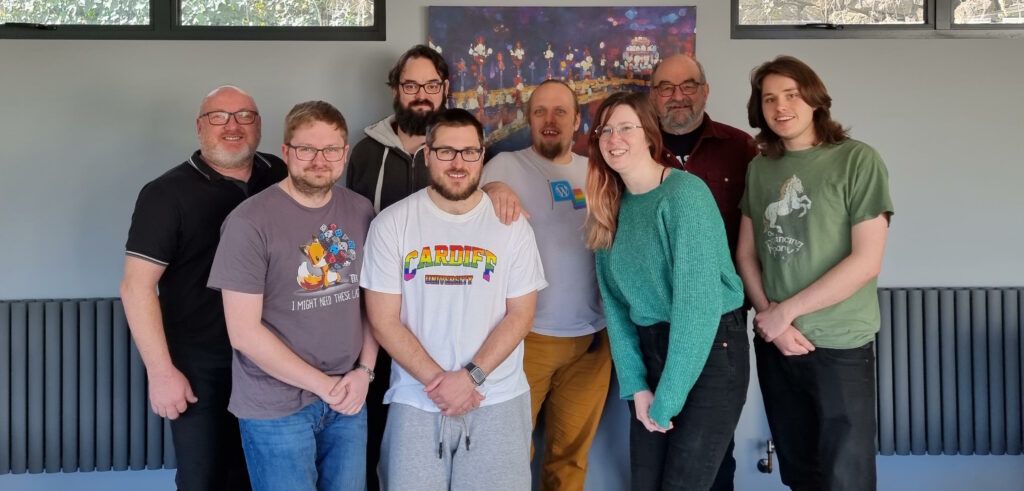
Sure, there’s other things I’d do. They’re mostly obvious things that I’d hope anybody in my position would do. Pay off the mortgage (and for all the works currently being done to
infuriate the dog improve the house). Arrange some kind of slow-access trust or annuity for the people closest to me so that
they need not worry about money, nor about having to work out how to spend, save, or invest a lump sum. Maybe a holiday or two. Certainly some charitable donations. Perhaps buy
really expensive ketchup: the finest dijon ketchup5.
But mostly I’d just want to be able to live as comfortably as I do now, or perhaps slightly more, and spend a greater proportion of my time than I already do making charities work better.
I don’t know if that makes me insufferably self-righteous or insufferably simple-minded, but it’s probably one of those.
Footnotes
1 I’ve been caught describing it as “a tax on people who are bad at maths”, but I don’t truly believe that (although I am concerned about how readily we let people get addicted to problematic gambling and then keep encouraging them to play with dark patterns that hide how low the odds truly are). I’ve even been known to buy a ticket or two, some years.
2 While writing this, I decided to retroactively play for last Friday, having not seen whatever numbers came up. I guessed only one of them. Hurrah! That means I saved £2.50 by not playing!
3 There are, of course, other possible outcomes. You could have missed out on winning a small prize – the odds aren’t that low – but the solution to this is simple: just keep playing Not The Lottery and you, as the “house”, will come out on top in the end. Alternatively, it’s just-about possible that you could pluck the jackpot numbers from thin air, in which case: well done! You’re doing better than Derren Brown when in 2009 he performed a pretty good magic trick but then turned it into a turd when he “explained” it using pseudoscience (why not just stick with “I’m a magician, duh”; when you play the Uri Geller card you just make yourself look like an idiot). Let’s find a way to use those superpowers for good. Because what you’ve got is a superpower. For context: if you played Not The Lottery twice a week, every week, without fail, for 393 years… you’d still only have a 1% chance of having ever predicted a jackpot in your five-lifetimes.
4 What if we lived in a world where we did use statistics to think about the hypothetical questions we ask people? Would we ask “what would you do if you were stuck by lightning?”, given that the lifetime chance of being killed by lightning is significantly greater than the chance of winning the jackpot, even if you play every draw!
5 Y’know, to keep in the fridge in the treehouse.

